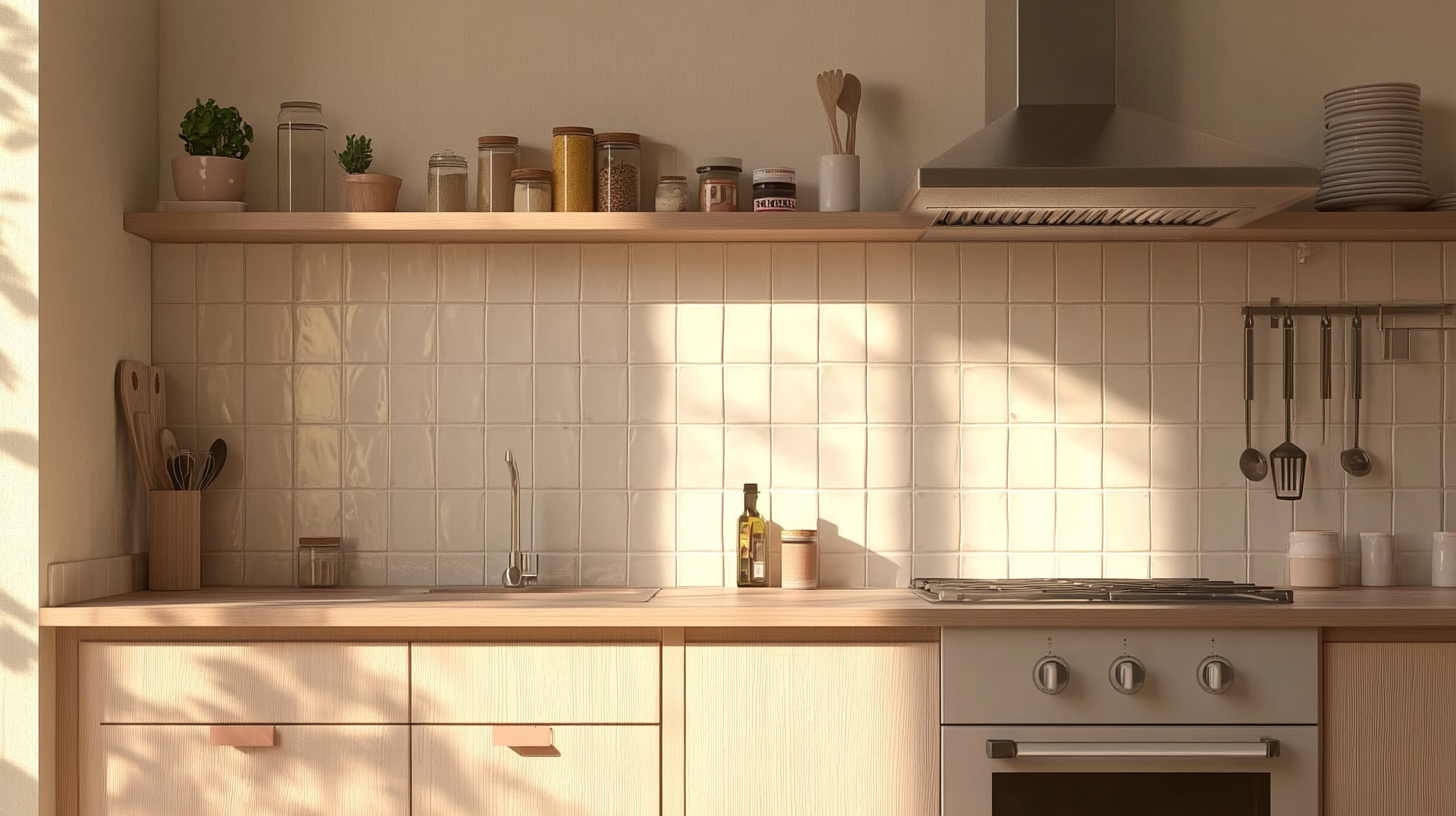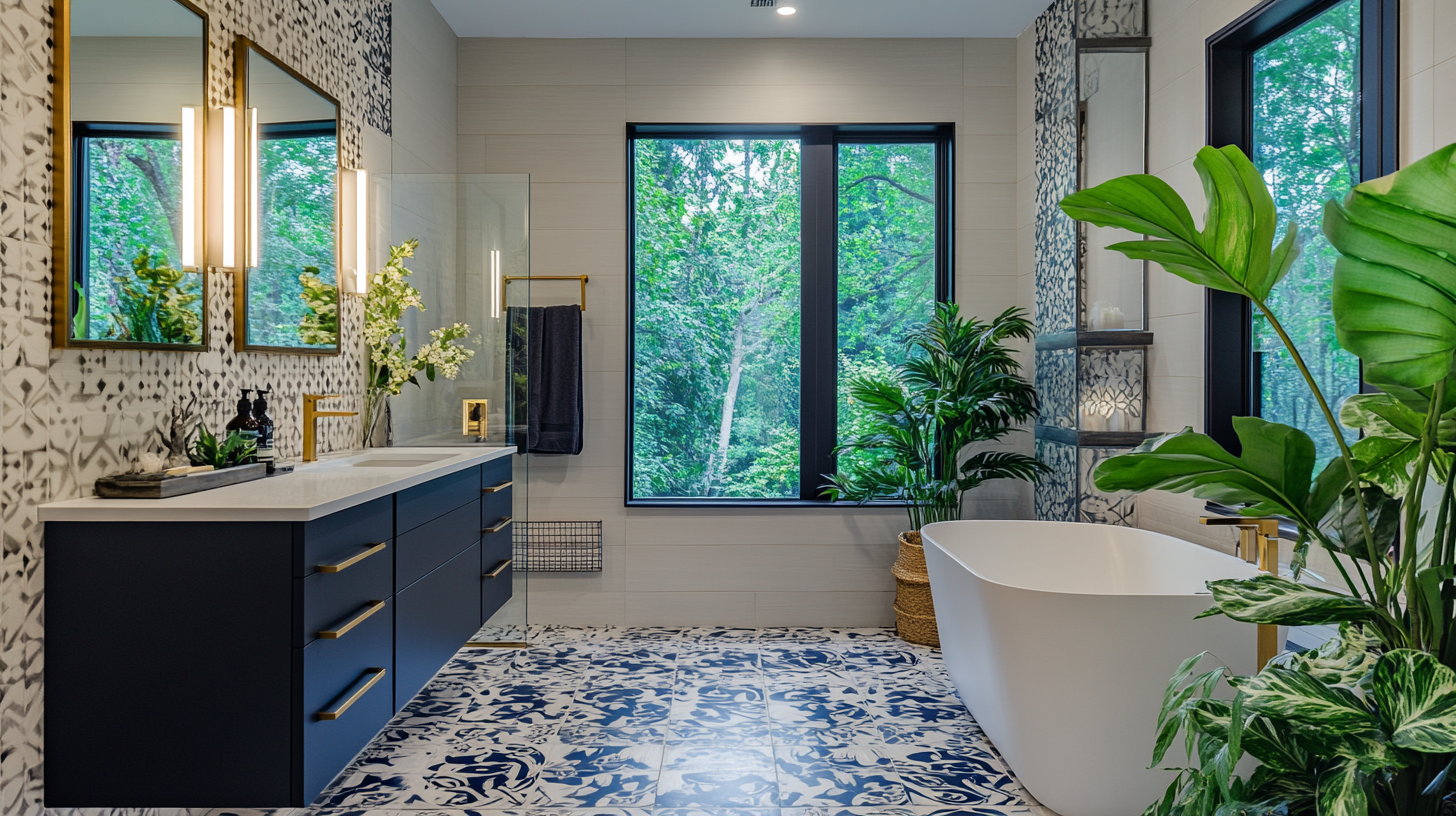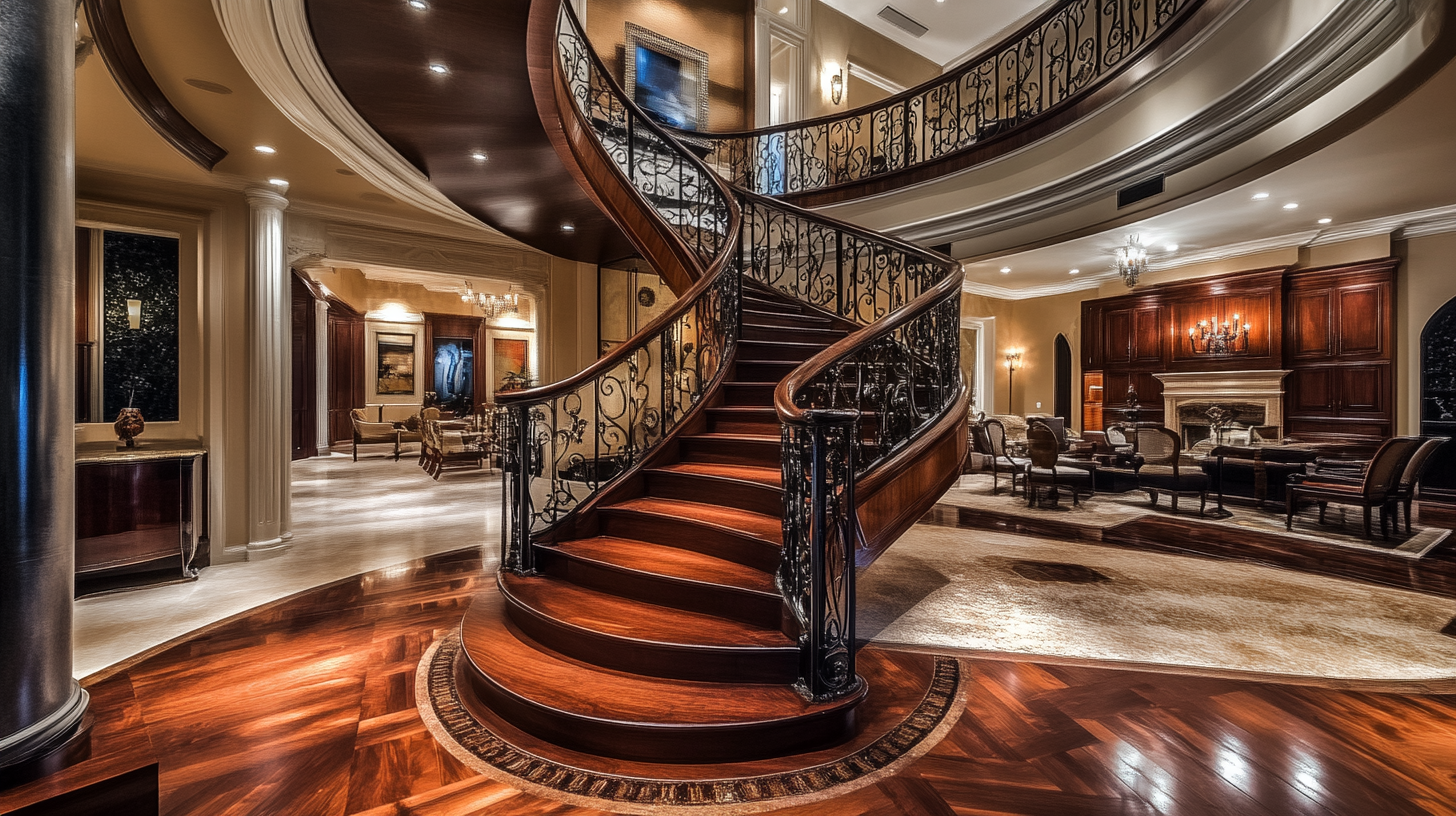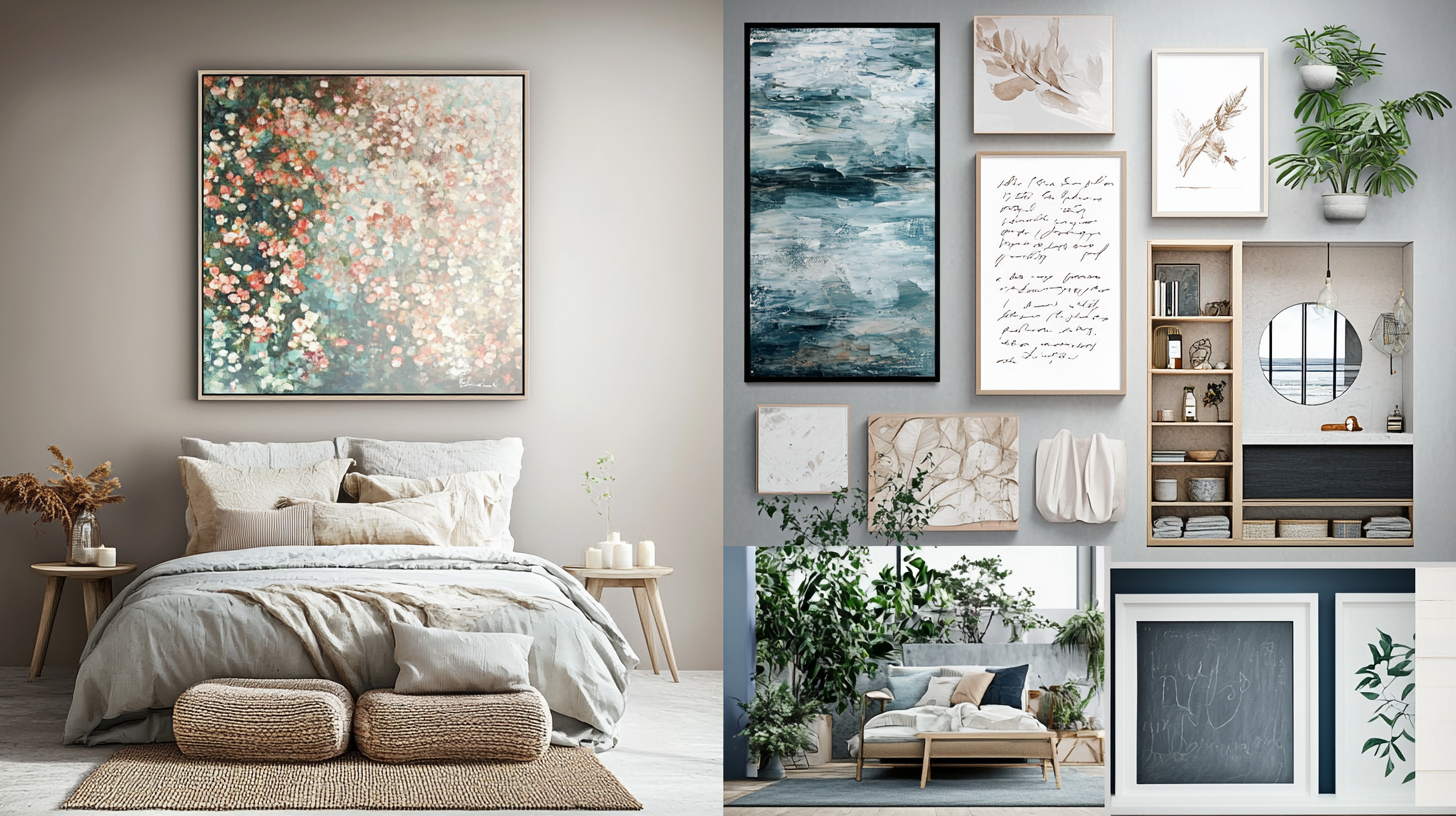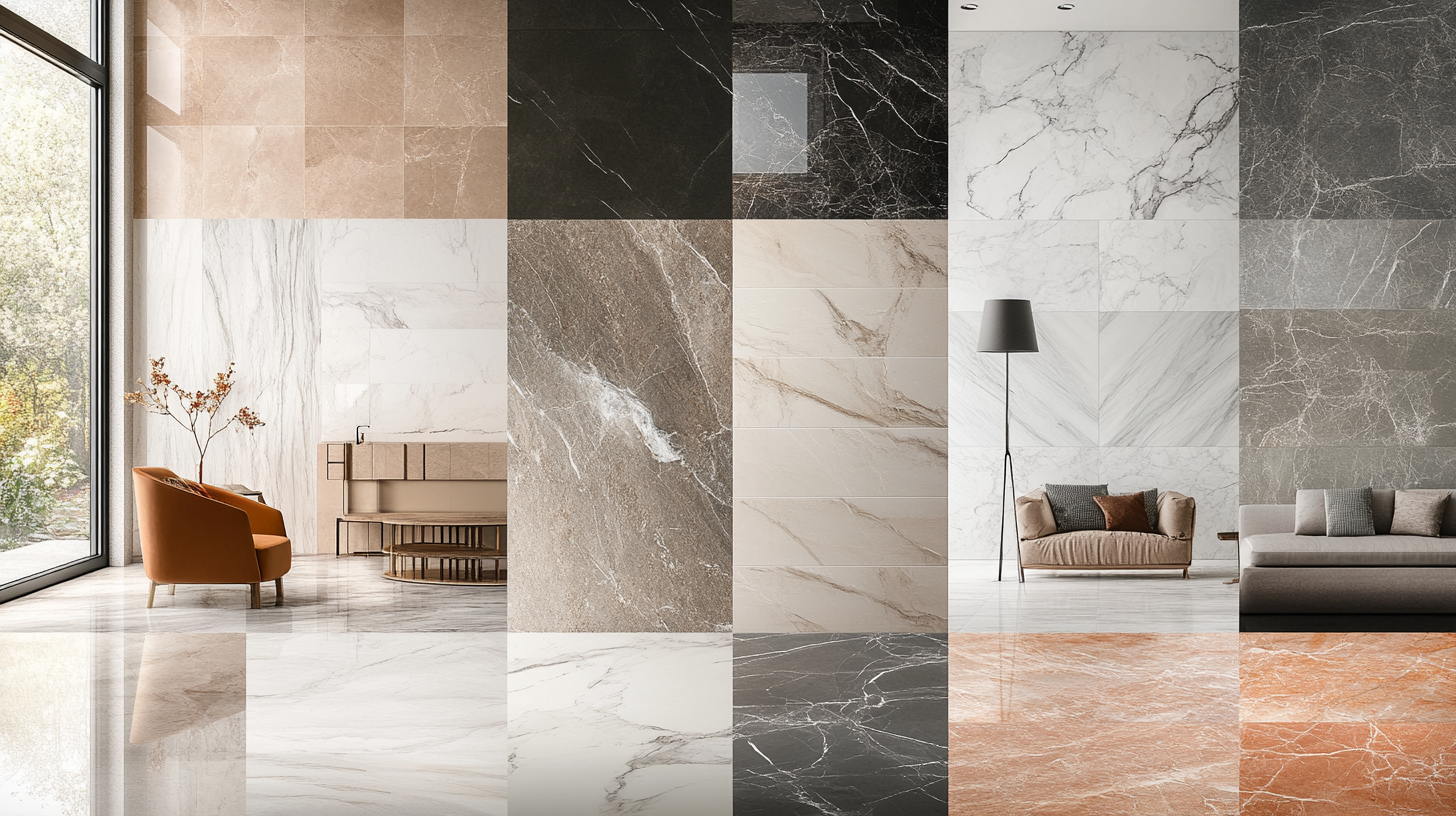
How to Choose the Right Tiles for Your Home Interior Design
Tiles might not be the first thing that comes to mind when planning your home, but their impact on interior design is undeniable. Not only do tiles form the foundation of your home’s aesthetics, but they also play a critical role in functionality. Selecting the right tiles can transform your space, make cleaning easier, and even improve safety in areas with high moisture or foot traffic.
This blog will guide you step-by-step, covering everything from tile materials and finishes to layouts, colors, and maintenance tips. By the end, you’ll feel confident choosing the best tiles for your home’s interior design, whether you’re designing a modern apartment or a timeless villa.
Understand the Purpose of Each Space
The first step to choosing tiles is considering the purpose and use of each room in your home. The right tiles for a living room might not be the best choice for a bathroom or balcony. Here’s what to keep in mind for different spaces:
Kitchen
- High traffic and exposure to spills demand durable, stain-resistant tiles.
- Easy-to-clean options like ceramic or porcelain work well.
- Consider slip-resistant tiles if you have kids or pets.
Bathroom
- Moisture levels are a key consideration; prioritize water-resistant or anti-slip tiles.
- Choose textured, matte finishes for flooring to avoid accidents.
- Glass tiles or mosaics can add a decorative touch to walls or shower areas.
Living Room
- This is your showcase space, so consider luxurious options like natural stone.
- Large-format tiles make the living area feel expansive and modern.
- Neutral tones work best if paired with colorful furniture or artistic décor.
Bedroom
- Focus on comfort and coziness. Vitrified or wood-finish tiles are popular in bedrooms for their warmth.
- Light, soothing colors like beige or pastel shades contribute to a relaxing vibe.
Balcony
- Outdoor spaces like balconies require weather-resistant tiles.
- Slip-resistant and textured tiles are essential if exposed to rain or moisture.
- Consider tiles with a natural, rustic appearance to blend seamlessly with the outdoors.
Understanding the nuances of different spaces will help you make informed choices suited to both aesthetics and practicality.
Choose the Right Tile Material
Each tile material offers unique benefits and drawbacks. Here’s a breakdown of the most common materials to help you find the ideal fit for your home:
Material | Pros | Cons |
Ceramic Tiles | Versatile, budget-friendly, easy to clean | Less durable compared to porcelain or stone |
Porcelain Tiles | Durable, water-resistant, scratch-resistant | Slightly more expensive; installation costs may be higher |
Vitrified Tiles | Ideal for heavy usage, stain-resistant, long-lasting | Limited designs compared to ceramic |
Glass Tiles | Decorative, reflective, brightens rooms | Fragile and prone to scratches |
Natural Stone Tiles | Luxurious, timeless, and unique patterns | High-maintenance; needs sealing and regular care |
Consider your budget, the room’s requirements, and your preferred aesthetic when selecting a material.
Pick the Perfect Size and Shape
The size and shape of your tiles can significantly impact your perception of space.
Standard or Large Format?
- Standard tiles are versatile and work well in smaller areas where intricate designs are preferred.
- Large-format tiles reduce grout lines, giving rooms a seamless and spacious look. They’re ideal for living rooms and open-plan layouts.
Tile Shapes to Explore
- Square and Rectangular Tiles are timeless and versatile.
- Hexagonal Tiles add a contemporary, geometric flair.
- Subway Tiles are trendy and commonly used in kitchens and bathrooms for a clean, retro look.
Selecting Colors and Patterns
Color can make or break your interior design. Here’s how to approach your tile selection:
Light vs. Dark Tiles
- Light-colored tiles create space and brightness, making them ideal for small rooms.
- Dark tiles add depth and contrast, perfect for modern, dramatic interiors.
Neutral Tones or Bold Colors?
- Neutral tones pair well with vibrant wall colors or furniture, ensuring timeless appeal.
- Bold, patterned tiles work beautifully as feature walls or statement flooring.
When in doubt, consult a professional to balance your palette and ensure harmony across your interior design.
Surface Finish Glossy, Matte, or Textured
There’s no one-size-fits-all finish for tiles. The right choice depends on the functionality and look you’re going for:
- Glossy Finish: Reflective, making small spaces appear larger. Ideal for walls and low-moisture areas like living rooms.
- Matte Finish: Subtle and modern. Offers enhanced grip, making it suitable for kitchens and bathrooms.
- Textured Finish: Perfect for rustic, industrial, or outdoor settings. Adds depth and character to a space.
Decide on Layout and Grout Color
Tile layout influences the overall style of a room. Some of the most popular layouts include:
- Straight or Grid Pattern for clean, minimalist interiors.
- Diagonal Pattern to make narrow spaces like hallways appear wider.
- Chevron and Herringbone Pattern for modern, eye-catching designs.
Grout is an often-overlooked detail that can elevate your tile design. Matching grout creates a seamless look, while contrasting grout highlights the patterns and shapes of your tiles.
Consider Maintenance and Longevity
Durability and ease of maintenance are key factors when choosing tiles for homes with kids, pets, or heavy foot traffic. Here are a few tips:
- Opt for scratch-resistant tiles in high-traffic areas like hallways or living rooms.
- Stain-resistant tiles are essential for the kitchen.
- Avoid porous, high-maintenance materials like natural stone if you prefer low-effort cleaning routines.
Set a Realistic Budget
Finally, set a budget before making your final selection. Balancing cost with design and quality is possible with careful planning.
- High-use areas like kitchens or living rooms may be worth splurging on with premium materials.
- Utility areas like laundry rooms or storerooms can feature budget-friendly options like ceramic tiles.
Investing in high-quality tiles upfront often leads to cost savings over time due to durability and low maintenance.
Design Your Dream Home with Confidence
Choosing the perfect tiles can seem daunting, but with the right guidance, you can create a home that balances style, comfort, and functionality. If you’re feeling unsure, consulting a professional is always a wise choice.
Need personalized advice? Contact us today for a one-on-one consultation with our experts, or explore our curated collection of premium tiles to find the perfect match for your dream home.
